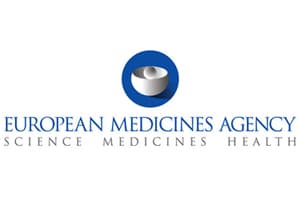 German health technology assessment body IQWiG has said it is concerned by the reliance on real-world evidence in the EMA’s plans for adaptive licensing of new drugs.
German health technology assessment body IQWiG has said it is concerned by the reliance on real-world evidence in the EMA’s plans for adaptive licensing of new drugs.
In a statement, IQWiG says that the EMA’s recent report on its adaptive pathways pilot project “again documents perplexity regarding the use of ‘real-world data'”, in other words evidence generated after a drug is licensed and used within everyday healthcare settings.
“Neither industry nor EMA has a concept as to how real-world data can be used after drug approval to allow drawing reliable conclusions on benefit and harm,” it asserts, noting that the use of real-world evidence has been criticised by scientists and consumer advocates such as the European Consumer Organization (BEUC).
The EMA’s adaptive pathways pilot was set up in 2014 to try to develop ways to accelerate the registration of new drugs so they can reach patients more quickly. The intention is to allow drugs to be licensed in a small patient population first, with further studies conducted later to determine whether that use should be extended or restricted.
A just-published report on the pilot acknowledges that further work needs to be done to develop an adaptive licensing pathway for new medicines, and notes specifically that the EMA wants to investigate ways to incorporate real-world evidence such as patient registries into the adaptive pathways process.
IQWiG criticises the EMA for failing to provide detailed information on the seven test applications included in the pilot – something the EU agency puts down to confidentiality issues but which the German health technology assessment (HTA) organisation describes as “unacceptable”.
It also points to the “sobering conclusion” in the EMA report, which indicated that the majority of the submitted plans were vague in terms of the purpose of the collection of real-world data to supplement evidence from randomised clinical trials.
The EMA report also found there was “insufficient detail in the submitted proposals to explore the refinement of the safety profile, and even less about to what extent efficacy could be confirmed or augmented in the post-authorisation phase”.
With the industry’s proposals so meagre, IQWiG suggests the EMA should have come up with its own suggestions on the use of real-world evidence but has so far failed to do so.
As a result, it is “high time to pause for a moment and rethink the whole concept, instead of considering more drugs in the consultations on adaptive pathways, as planned by EMA,” it concludes.




